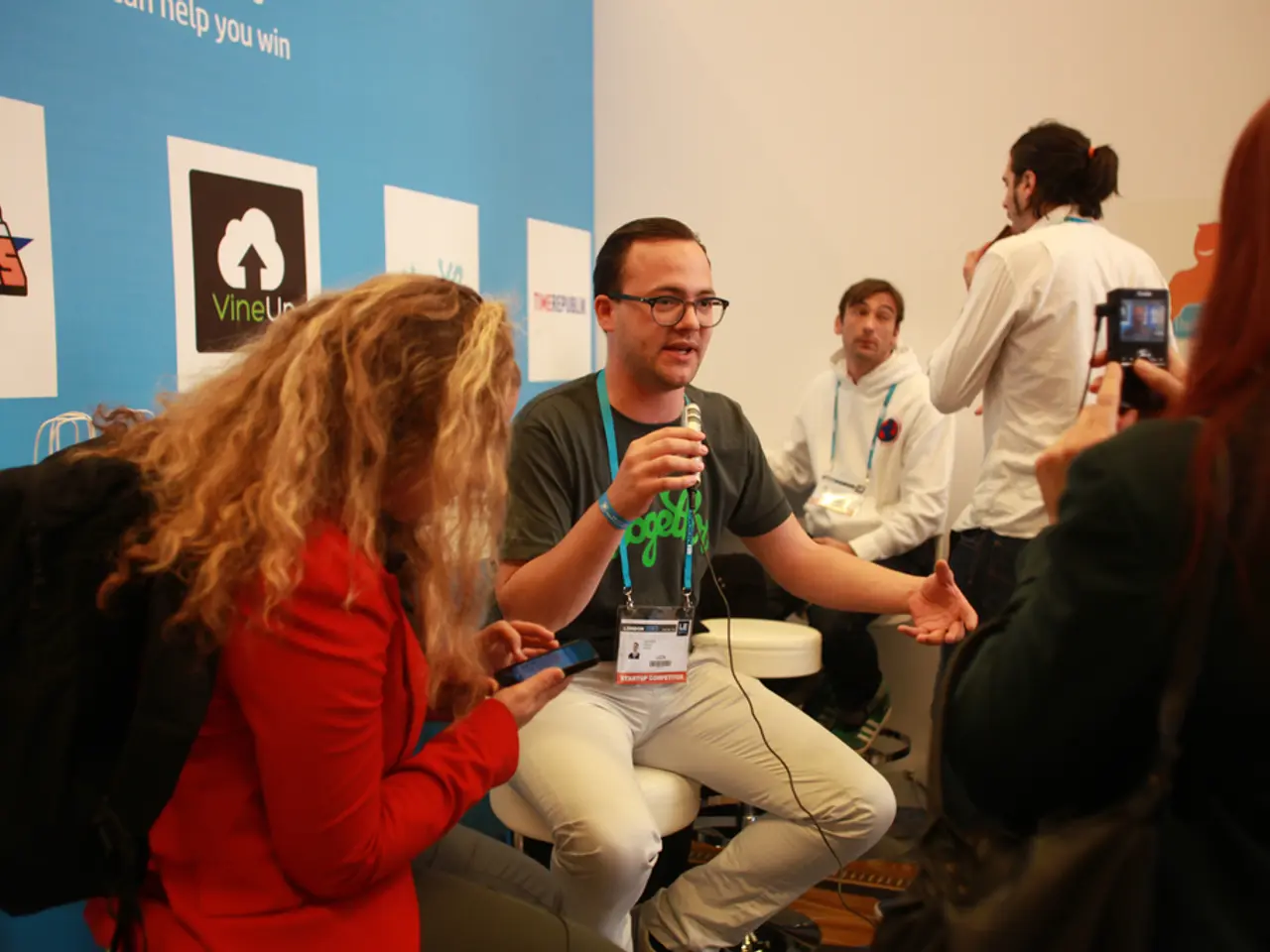Analysis Techniques for Interview Assessments
Email interviews have become a popular method in qualitative research, offering convenience and flexibility in connecting with participants regardless of their geographic location. To maximize the qualitative depth and ensure high-quality data, it's essential to follow best practices in preparation, conduct, and analysis.
Preparation
A successful email interview starts with careful planning. Design concise, open-ended questions tailored to the research aims, encouraging detailed responses without overwhelming participants. This approach reduces socially desirable answers and fosters honest sharing. Recruit appropriate participants through targeted outreach, ensuring they can articulate their experiences clearly, and use screening and consent protocols to establish ethics and clarity. Set clear expectations upfront about the process, timing, confidentiality, and response format.
Conducting the Email Interview
Begin by sending an introductory email explaining the purpose and importance of their input, building rapport to enhance engagement and data authenticity. Use sequential emailing, sending questions one at a time or in small batches, to maintain focus and reduce participant fatigue. Encourage thorough, reflective responses by prompting participants to elaborate or clarify answers and reminding them it's okay to take time to reflect before replying. Maintain neutral, non-leading language to minimize bias and encourage genuine perspectives. Keep a record of all correspondence for accuracy and to track emerging themes.
Analysis
Organize and clean the data, removing irrelevant content and standardizing format for clarity. Code responses thematically using frameworks like Thematic Analysis or Grounded Theory to identify patterns and insights. Digital tools such as Miro or Notion aid clustering related ideas. Triangulate with other data sources (e.g., observations, documents) when possible to enhance reliability and depth. Address potential biases and inconsistencies by cross-checking participant accounts and considering participant context in interpretation.
Overcoming Common Challenges
Address participant engagement and response rate concerns by clear, polite reminders and flexible deadlines, offering fair incentives upfront. Prompt elaboration with follow-up questions and reassure participants no “right” answers exist to reduce social desirability bias. Balance detailed questions with participant time constraints by prioritizing key questions, considering combining email interviews with other qualitative methods for fuller understanding. Clarify instructions and provide contact info for questions to minimize confusion.
In summary, email interviews demand strategic design and patient communication to maximize qualitative depth. Using methodical coding and triangulation strengthens validity, while attentive participant management ensures better data quality. CAQDAS can streamline data organization, coding, and categorization, offering powerful text analysis and visualization features. Preparation is crucial for email interviews, including defining the purpose and scope of the interview, planning the structure and content, and tailoring questions to the specific needs and perspectives of the research participants.
Researchers can leverage online education platforms for self-development, utilizing email interviews as an effective tool in qualitative research. By constructing concise, open-ended questions during preparation, educators can encourage detailed responses, minimize socially desirable answers, and foster honest sharing among participants. Simultaneously, employing best practices such as clear expectations, sequential emailing, and neutral language contributes to high-quality data and a positive learning experience.




